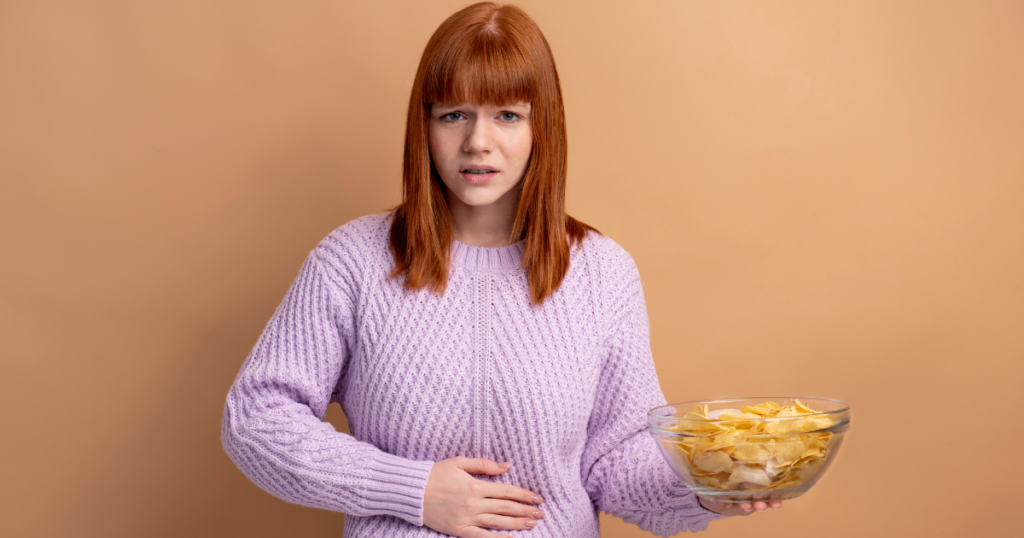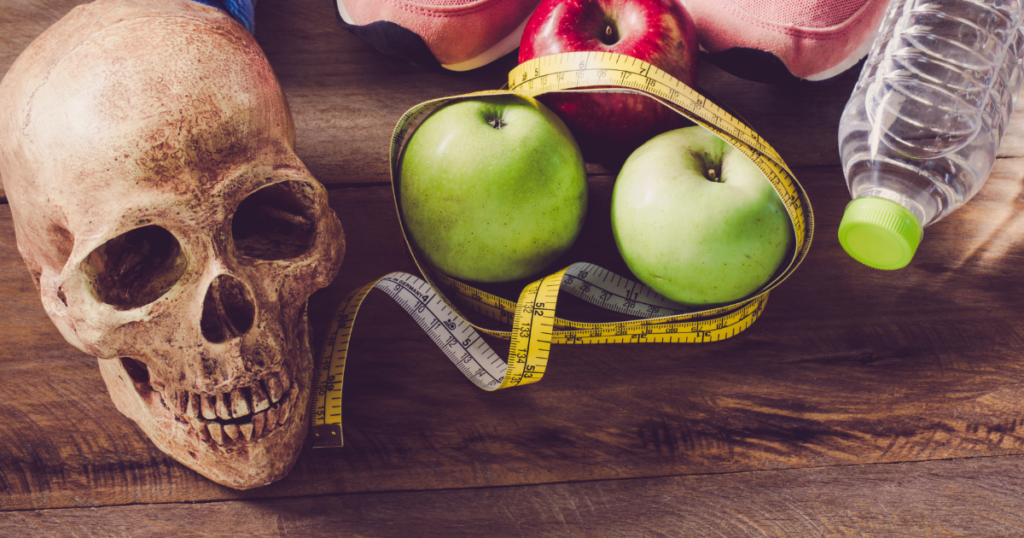Food poisoning is a very major issue. The main cause of food poisoning is eating something that contains germs. The main reasons for this are food not being cooked properly, food not storing correctly, and eating stale food.In this article we will learn about details about food poisoning, exploring some questions like “Can food poisoning cause a fever?” and “When does food poisoning start?”

Understanding Food Poisoning

foodborne illness is another name for food poisoning. Consumption of infected food or beverages is the biggest reason for this issue. Bacteria, viruses, parasites, or venoms present in the infected meals can cause different signs, ranging from mild discomfort to severe disease.
Can Food Poisoning Cause a Fever?

One of the common questions related to food poisoning is can Food Poisoning Cause a Fever? So the answer to this question is yes food poisoning can increase the body temperature. When harmful germs and bacteria enter the body through infected food the immune system reacts by producing a fever. This increase in body temperature helps the body fight illness. So, if you are feeling fever along with other signs like sickness and diarrhea, food poisoning could be the reason.
When Does Food Poisoning Start?
The starting of food poisoning is dependent on the type of infection ingested in food. the most of time, symptoms of food poisoning will start within a few hours to a few days after consuming infected food. We can know the exact timeframe according to some factors like the type of germs, the quantity of contaminated food consumed, and the patient’s immune system.
| Microorganism | Incubation Period | Common Food Sources |
| Bacterial Infections | ||
| Salmonella | 6 hours to 6 days | Raw or undercooked eggs, poultry, meat, dairy |
| Staphylococcus aureus | 1 to 6 hours | Prepared salads, deli meats, dairy products |
| E. coli | 1 to 8 days | Undercooked ground beef, contaminated produce |
| Campylobacter | 2 to 5 days | Raw or undercooked poultry, unpasteurized milk |
| Viral Infections | ||
| Norovirus | 12 to 48 hours | Contaminated water, raw shellfish, person-to-person |
| Rotavirus | 1 to 3 days | Contaminated water, person-to-person transmission |
| Parasitic Infections | ||
| Giardia | 1 to 2 weeks | Contaminated water, raw or undercooked food |
| Cryptosporidium | 2 to 10 days | Contaminated water, raw or undercooked food |
What Are the First Signs of Food Poisoning?
The first signs of food poisoning can be different but some common symptoms include sickness, vomiting, diarrhea, fever, and stomach cramps. these signs may be showing unexpectedly and can range from mild to extreme. For medical help and to stop the spread of infection it is very necessary to identify the First Signs of Food Poisoning.
Can Food Poisoning Cause Dizziness?

Dizziness is another possible sign of food poisoning. The patient feels dizzy due to dehydration which is caused due to vomiting and diarrhea as well as the effects of toxins on the body. if you feeling dizziness with other signs of food poisoning then you need to seek medical help.
What Is the Fastest Way to Resolve Food Poisoning?

Rest, hydration, and medical help in severe cases are important highlights in Resolving food poisoning. the fastest way to resolve food poisoning is to stay hydrated by drinking clear fluids, avoiding solid foods, and getting plenty of rest. If signs look severe then don’t be late for medical help.
Should I See a Doctor for Food Poisoning?

Many times food poisoning resolves on its own with proper hydration and rest. but it is important to seek medical help in some situations. If you feel severe signs like
- Persistent high fever
- Bloody stools
- Dehydration
- Inability to keep fluids down
It is advisable to seek help from a healthcare professional immediately. Timely help can prevent complications and ensure a speedy recovery.
Serious Health Problems and Long-Term Effects of Food Poisoning
Most food poisoning cases are resolved in a few days, but the patient may experience serious health problems and long-term effects in some cases. such as
-
- Kidney damage
- Neurological disorders
- Chronic gastrointestinal problems
- Weakened immune system
Preventing Food Poisoning
Prevention is an important key to food poisoning. Here are some important tips to reduce the risk of food poisoning.
-
- Practice proper food handling and hygiene
- Cook food thoroughly
- Refrigerate perishable items promptly
- Avoid consuming raw or undercooked foods
Read More –DIGITAL DETOX IN 2024: IMPORTANT THINGS YOU MUST KNOW ABOUT IT